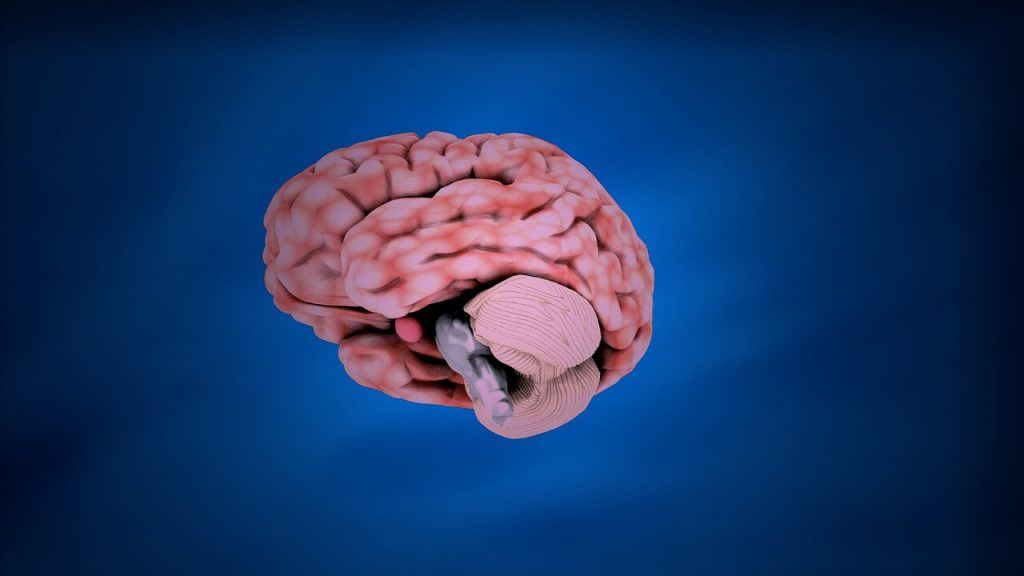Auburn, CA Brain Injury Lawyer | Free Consultation
Auburn Brain Injury Lawyer

While there has been a significant number of advances in the healthcare field in diagnosing and treating traumatic brain injuries, they continue to present formidable challenges for patients, their families, and healthcare providers everywhere. When someone faces the potential diagnosis of a brain injury, it can be terribly frightening. Learning all you can about head and brain injuries can be helpful if someone you love has recently been diagnosed with this injury.
If you or a loved one has suffered brain trauma in an accident, call our injury lawyers at (530) 392-9400 or (800) 404-5400 for a free case evaluation.
Types of Brain InjuriesLike many other medical problems, one can be diagnosed with multiple brain injuries. Some are more severe than others, and even a single type of brain injury can range in severity. The most common types of brain injuries include:
- Concussion: A concussion is a general term for a broad spectrum of brain injuries. It generally refers to a nondescript brain injury that could cause a loss of consciousness or temporary impairment of mental functioning. This injury has gained significant attention due to its prominence in sports like football. It can also develop after a car accident if someone smashes their head on the dashboard or window. A concussion can range in severity from a simple headache to loss of consciousness with memory impairment. Repeated concussions can have long-term effects on mental health, including developing chronic traumatic encephalopathy (CTE).
- Contusion: Second, a contusion is generally considered worse than a concussion. Similar to contusions in other areas of the body, a brain contusion develops a bruise on the brain tissue itself. This bruise may be visible on an MRI scan. Depending on the size of the contusion and the location in the brain, a contusion can significantly impact mental functioning. Symptoms may range from a headache to memory loss or difficulty with executive functioning. This means patients may have trouble processing tasks requiring multiple steps. A cerebral contusion can develop from blunt trauma to the head, such as in car and motorcycle accidents.
- Intracranial Hemorrhage: This term is used to describe bleeding in the brain tissue itself. Some multiple arteries and veins supply blood to the brain tissue, including the Circle of Willis. A severe impact, such as a motorcycle accident, can tear some of these vessels. This will show up as the buildup of fluid in the brain on a CT scan. Loss of blood flow can lead to devastating consequences. Rapidly rotating forces, such as those of shaken-baby syndrome, can lead to an intracranial hemorrhage.
- Hematoma: Next, a hematoma in the brain is the buildup of blood in a specific space in the skull cavity. As blood fills these cavities, the brain tissue can shift in space. Multiple types of hematomas could develop from trauma to the brain. These include an epidural hematoma and a subdural hematoma. This could lead to potentially life-threatening consequences that require emergent treatment by medical staff. An epidural hematoma can develop from a physical assault to the side of the head involving blunt force trauma.
- Herniation: This is a severe type of brain injury that often leads to death. A herniation usually develops as a complication of one of the injuries above. Broadly defined, a cerebral herniation is a shift in brain tissues across or through a space. This shift can compress brain structures, rendering them incapable of functioning. For example, as fluid builds up from a hematoma, often complicated by bone fractures, the fluid pocket will crowd out the rest of the brain tissue. Over time, the increase in pressure could force tissues in the brain out of the back of the skull. The herniation can stop a patient’s breathing, leading to death.
The video below provides an overview of how traumatic brain injuries are treated with new technology and treatments.
How an Auburn Brain Injury Lawyer Can Help YouOnce patients suffering a traumatic brain injury seek appropriate medical care, they may wonder whether or not they should hire an accident attorney. There are many reasons why a patient would want to contact an Auburn brain injury lawyer, including:
- Damages: Brain injuries can lead to extensive damage. Insurance companies may hesitate to offer a patient the total claim value if an experienced lawyer is not involved.
- Experience: An attorney has the experience necessary to maximize a patient’s potential success, including in the courtroom and with insurance companies.
- No-Risk: The overwhelming majority of brain injury attorneys in Auburn (and the surrounding area) provide consultations for free. In addition, they also work on a contingency fee basis, which means they get paid after the successful outcome of your injury case.
- You Heal While Your Attorney Works: The person who has suffered a traumatic brain injury can focus on recovery. In contrast, your Auburn brain injury lawyer handles the day-to-day aspects of your personal injury claim and/or lawsuit. Your lawyer will take the time to get to know you and your family well. In this way, your lawyer will be better positioned to explain to the insurance company or jury how your injuries have impacted your life and the lives of your family members. The attorney will help recover maximum compensation for your loss and future losses.
A patient can develop many brain injuries after a traumatic accident. If you or a loved one developed a traumatic brain injury after an accident, please call our experienced Auburn brain injury lawyers today at (530) 392-9400 or (800) 404-5400 for free, friendly, and no-obligation advice.
See our past cases on our Verdicts and Settlements page.
Editor’s Note: updated [cha 8.1.23] dr bw [cs 1006] Image: By “sbtlneet” via Pixabay